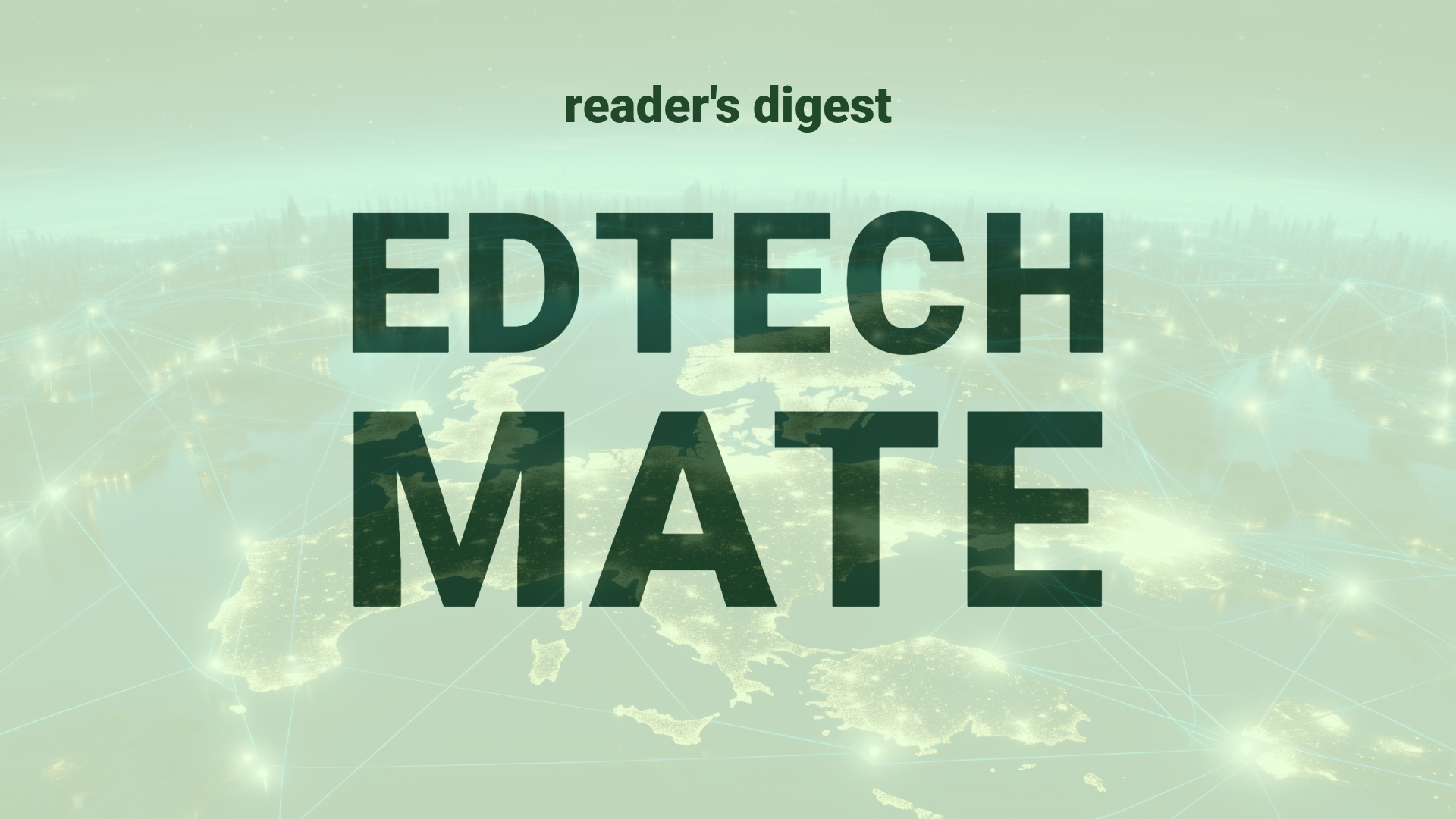Executive Summary and Main Points
An examination into Telstra Group’s recent field operations transformation highlights a significant shift from traditional transactional workflows to project management, employing the advanced capabilities of Microsoft Dynamics 365 and the integration expertise of Infosys. This strategic realignment towards a digital operations management platform has achieved both a streamlined workflow and enhanced visibility into performance, cost efficiency, and labor deployment. In the broader context, this type of digital transformation, converging on AI integration such as the Microsoft Copilot, marks an important trend in the sector-specific approach to International Higher Education and digitalization.
Potential Impact in the Education Sector
The education sector could experience transformative impacts from these developments akin to those of Telstra Group. Further Education institutions can optimize campus operations utilizing such platforms, while Higher Education can leverage these technologies for better facility management and administrative workflows. Additionally, providers of Micro-credentials could utilize such AI-enhanced project management tools for streamlined program delivery and operational transparency. The tangible outcomes include reduced manual interventions, improved efficiency, and enhanced focus on strategic partnerships in an increasingly digital educational landscape.
Potential Applicability in the Education Sector
Innovations employed by Telstra, particularly with AI and digital tools, have direct applicability in the education sector worldwide. AI-driven platforms can offer predictive analytics to shape enrollment strategies, optimize resource allocation, manage educational project timelines, and ensure effective stakeholder engagement. Integrating such systems in Higher Education institutes could result in a more dynamic learning environment where data-driven decision-making and real-time reporting are the norms.
Criticism and Potential Shortfalls
While the Telstra case demonstrates significant achievements, similar initiatives in global education must be evaluated critically. Real-world examples, such as the mixed results of technology integration in university settings across different cultures, highlight that local adaptation is crucial. Moreover, the digital divide between institutions in varying economic realities may exacerbate inequalities. Ethical considerations regarding data privacy and AI transparency also pose challenges that require careful navigation.
Actionable Recommendations
Education leaders should consider a phased approach to integrating these technologies, beginning with pilot programs to establish best practices and gain stakeholder buy-in. Collaboration with technologically adept partners is recommended to facilitate a smooth transition. Furthermore, continuous professional development should be provided to equip staff with necessary digital competencies. Lastly, a strategic framework should be put in place to address ethical concerns and ensure inclusivity in the benefits accrued from such digital transformations.
Source article: https://www.cio.com/article/1313467/telstra-building-a-better-operations-management-platform.html

